Credit Suisse is cutting 9,000 jobs
by Sarah Butcher
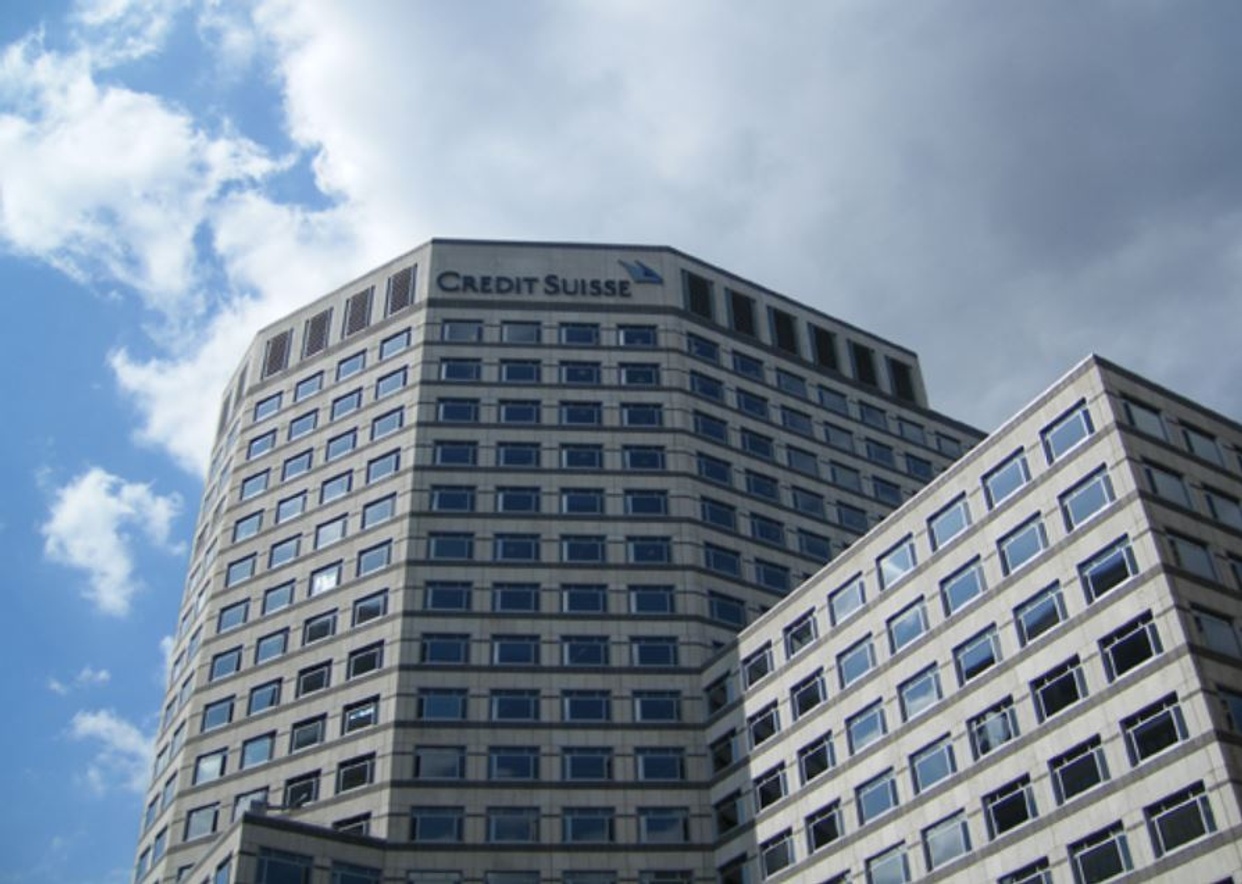
A few months ago, it was mooted that Credit Suisse would be cutting 5,000 jobs. That seemed like a lot. Today it's become apparent that it was an understatement. In its announcement of its restructuring this morning, Credit Suisse says it will in fact be doing away with 9,000 people.
It won't happen all at once and it won't all be in the investment bank, but the investment bank will surely bear the brunt of the pain.
Credit Suisse plans to cut its overall headcount from around 52,000 at the end of the third quarter to 43,000 by the end of 2025.
Not all the cuts will involve people being ejected onto the street. The securitized products group is being purchased by Apollo Global Management, and its staff will go there. The capital markets and advisory business is being spun out into a new and independent bank, CS First Boston and its staff will go there. But Credit Suisse is also cutting 2,700 people from across the bank (5%) of the total in the fourth quarter.
As the remaining 6,300 people are cut over the next three years, the bank plans to make the most of "natural attrition" and will presumably not be replacing people who leave. It says it intends to practice, "organizational simplification, workforce management and third-party cost management." As part of the latter strategy, it will be cutting consultancy spend by 50% and spend 30% less on contractors.
The bank isn't explicit about what will happen to jobs in the global markets business. However, risk weighted assets (RWAs) are being cut by 40% in line with the reduction in headcount, which suggests that it's probably time to look for a new job if you're on a capital-intensive desk. The bank says its future markets business, "will include the strongest and most relevant aspects" of its trading capabilities. Unsurprisingly, it also states that the markets business will be "closely aligned" to wealth management and the Swiss bank franchise, while "remaining fully committed to serving institutional clients." Markets will also be reframed as "a solutions provider to third party wealth managers," and will work with the newly independent bankers in CS First Boston.
News of the cuts comes as Credit Suisse announces its results for the third quarter of 2022. The investment bank made a loss of CHF666m during the quarter and has made a loss of CHF1.7bn year-to-date. The losses imply that staff at the bank will have previous year's bonuses clawed back under Credit Suisse compensation rules. As the chart below shows, Credit Suisse's salespeople and traders substantially underperformed rivals in the first nine months of this year. Revenues in the advisory and capital markets business that will become first Boston fell 82% over the period, which doesn't suggest an auspicious start to independence.
Bear with us if you leave a comment at the bottom of this article: all our comments are moderated by human beings. Sometimes these humans might be asleep, or away from their desks, so it may take a while for your comment to appear. Eventually it will – unless it’s offensive or libelous (in which case it won’t.)
Credit Suisse asks investors for billions after bumper loss
By Noele Illien, Oliver Hirt and John O'Donnell

FILE PHOTO: A clock is seen near the logo of Swiss bank Credit Suisse in Zurich© Reuters/ARND WIEGMANN
ZURICH (Reuters) - Credit Suisse, battered by years of scandals, plans to raise 4 billion Swiss francs ($4 billion) by selling stock while slashing thousands of jobs and spinning off its investment bank in an effort to recover from a run of heavy losses.
The troubled Swiss bank outlined what its chairman Axel Lehmann dubbed a "blueprint for success", after racking up a 4 billion Swiss franc loss in the third quarter of the year and following torrid weeks for the group.
The announcement fell flat with investors and the bank's stock, which has plumbed record lows in recent weeks, dropped 7.3 percent in early trading.
Credit Suisse clients pulled funds in recent weeks at a pace that saw the lender breach some regulatory requirements for liquidity, the bank said on Thursday, underscoring the impact on its business of wild market swings and a social media storm.
The group added that it was stable throughout.
The turnaround plan has many elements, from cutting jobs to refocusing on banking for the wealthy.
It will cut 2,700 jobs or 5% of its workforce by the end of this year, and ultimately reduce its workforce by roughly 9,000 to about 43,000 by the end of 2025.
The Swiss bank said it also aims to separate out its investment bank to create CS First Boston, focused on advisory and capital markets, and hopes to attract third-party capital and set up a partnership with the new Credit Suisse.
Saudi National Bank, the Kingdom's biggest lender, committed to invest up to 1.5 billion francs in Credit Suisse to achieve a shareholding of up to 9.9% and may may invest in the spun-off investment bank, the Saudi lender said in a bourse filing.
Credit Suisse said it will create a capital release unit to wind down non-strategic, higher-risk businesses, while announcing the sale of a large part of its securitised products business.
JPMorgan analysts said that "question marks remain" over the restructuring of investment banking, adding that the share sale will also weigh on the stock.
The bank's overhaul, aiming to put behind it the worst crisis in its history, is the third attempt in recent years by successive CEOs to turn around the embattled group.
Once a symbol for Swiss reliability, the bank's reputation has been tarnished by a series of scandals, including an unprecedented prosecution at home involving laundering money for a criminal gang.
https://graphics.reuters.com/CREDITSUISSEGP-REVAMP/lbpggrokepq/chart.png
The bank had been rushing to raise money and free up capital by selling assets, keen to limit how much cash it would have to raise from investors to fund its overhaul, handle its legacy litigation costs and retain a cushion for rough markets ahead.
Credit Suisse needs to revamp after a series of costly and morale-sapping blunders that triggered a wholesale change of management.
In refocusing away from risky investment banking to banking for the globe's rich, Credit Suisse is following in the footsteps of its bigger Swiss rival, UBS.
The UBS turnaround succeeded in large part because of a flood of freshly printed money from the world's central banks to reignite the economy during the financial crisis.
Credit Suisse, on the other hand, is attempting to refocus its business in a world facing war, an energy crisis, rocketing inflation and an economic slide.
Last year, the bank took a $5.5 billion loss from the unravelling of U.S. investment firm Archegos and had to freeze $10 billion worth of supply chain finance funds linked to insolvent British financier Greensill, highlighting risk-management failings.
Its deepening problems even put it on the radar of day traders earlier this month, when a frenzy of wild speculation about its health sent its stock price into a tailspin to a record low.
($1 = 0.9858 Swiss francs)
(Additional reporting by Michael Shields in Zurich; Writing by John O'Donnell; Editing by Edmund Klamann)
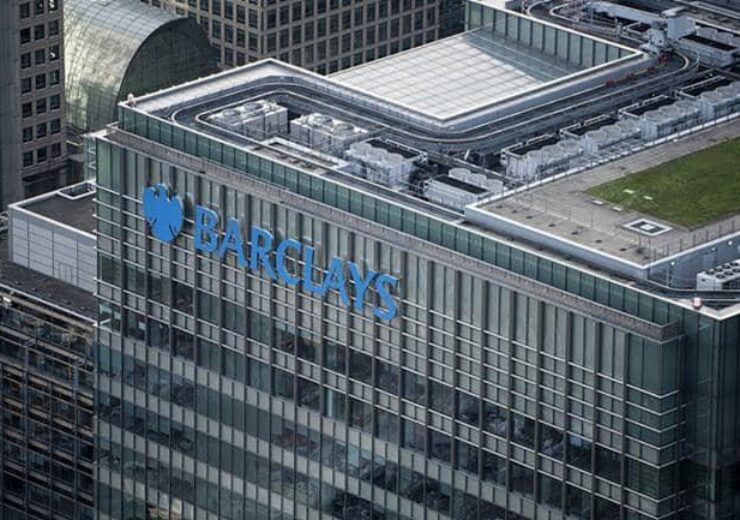



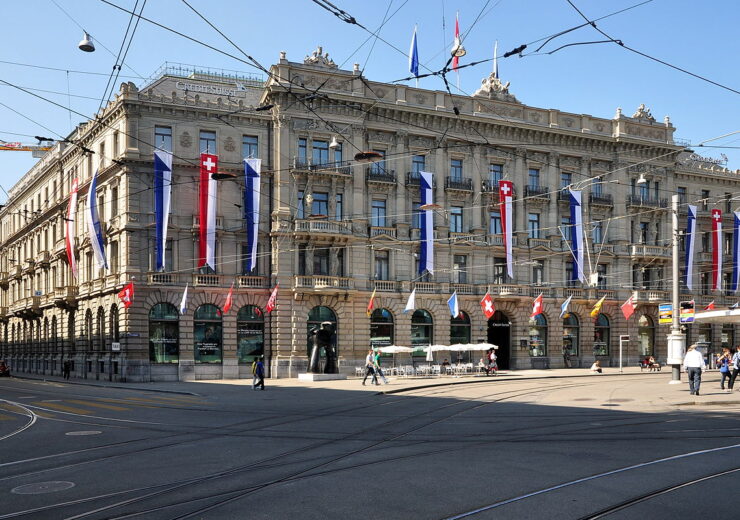


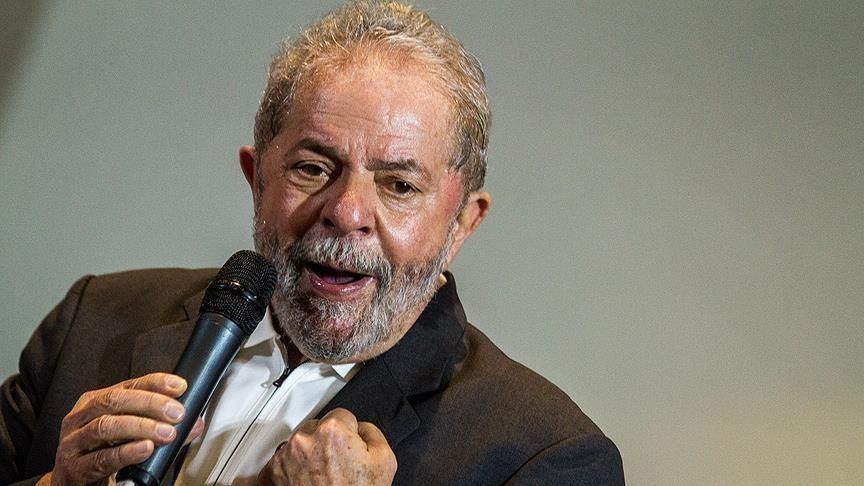



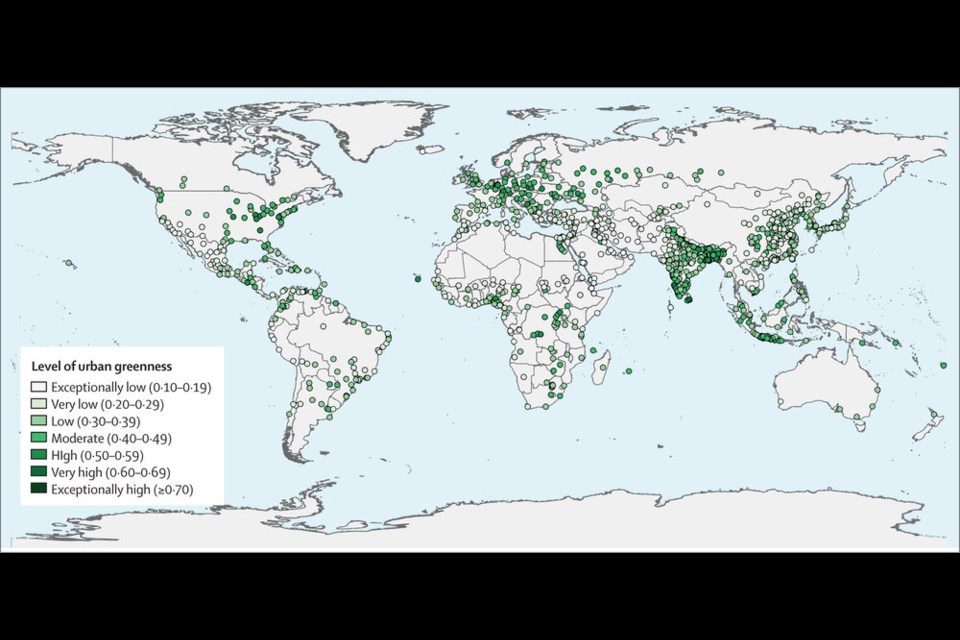

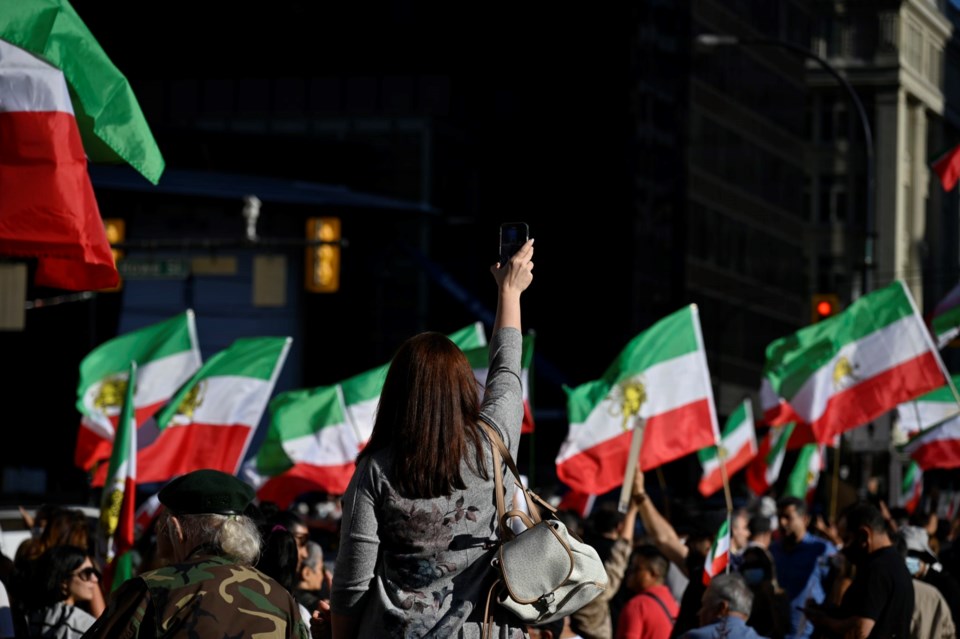

.jpg)
